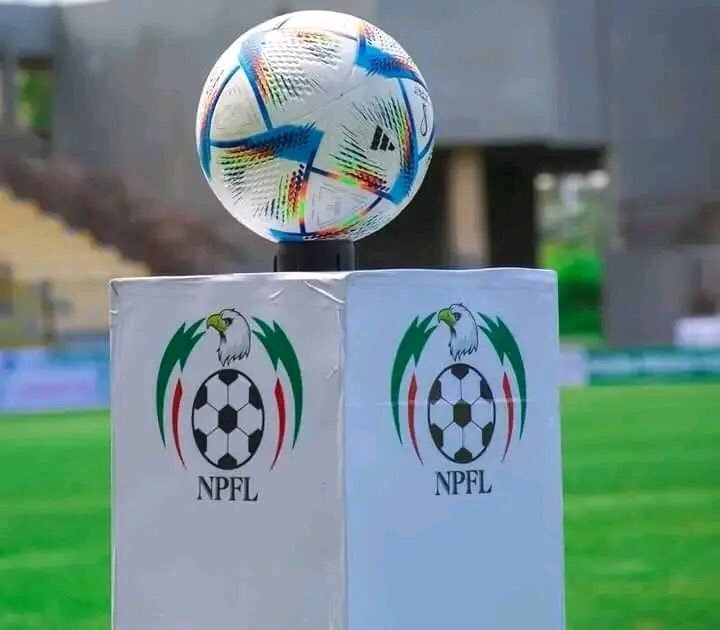In a bold move that has sparked widespread debate across the Nigerian football community, the Nigeria Premier Football League (NPFL) has officially outlawed the sale of promotion slots—a decision that signals a firm stand on merit, fairness, and the future of domestic football.
The practice, once an open secret, allowed clubs to leapfrog into the elite division not by winning games, but by acquiring the license of another team—usually one that couldn’t meet the financial or logistical demands of top-flight football. This shortcut had long been seen as a stain on the NPFL’s credibility.
With the 2025/26 season on the horizon, the league has shut the door on such deals. From now on, if a promoted club declines its slot or fails licensing requirements, the opportunity will be passed to the next eligible team based on sporting performance, not financial muscle. It’s a small step, but a significant one.
A Culture of Shortcut vs a Culture of Standards
The slot sale ban sends a clear message: success in Nigerian football must be earned on the pitch. For years, clubs like Delta Force, Nembe City, and others entered the NPFL through the backdoor—often with dire consequences. Some folded mid-season, others failed to meet matchday obligations, and a few dragged the league into legal battles over ownership disputes.
This culture of shortcuts did more than disrupt fixtures; it cheapened the sweat and sacrifice of clubs who fought hard for promotion. It also weakened public trust in the league’s governance and made long-term investment unattractive.
Now, with the new reforms, the NPFL is attempting to restore competitive fairness and rebuild the league’s integrity brick by brick.
Implications for Clubs Like Akwa United and Heartland
With this reform, relegated giants like Akwa United and Heartland—both with rich histories in Nigerian football—must earn their return to the NPFL through performance in the NNL. No lifeline. No boardroom deal. However, the rule still leaves a tiny crack open: if any of the promoted clubs decline their slots, the next best team from the NNL standings—not a relegated club—gets the nod. It’s meritocracy all the way.
A New Era for the NPFL?
While critics argue that Nigerian football has more pressing issues—like poor infrastructure, inconsistent officiating, and player welfare—governance is the foundation on which all of that can be improved. The slot ban may not instantly fix all that’s broken, but it draws a line in the sand.
In a country where “man-know-man” often trumps rules, the NPFL’s stance is both risky and revolutionary. Integrity has a price, and it seems the league is finally willing to pay it.




















